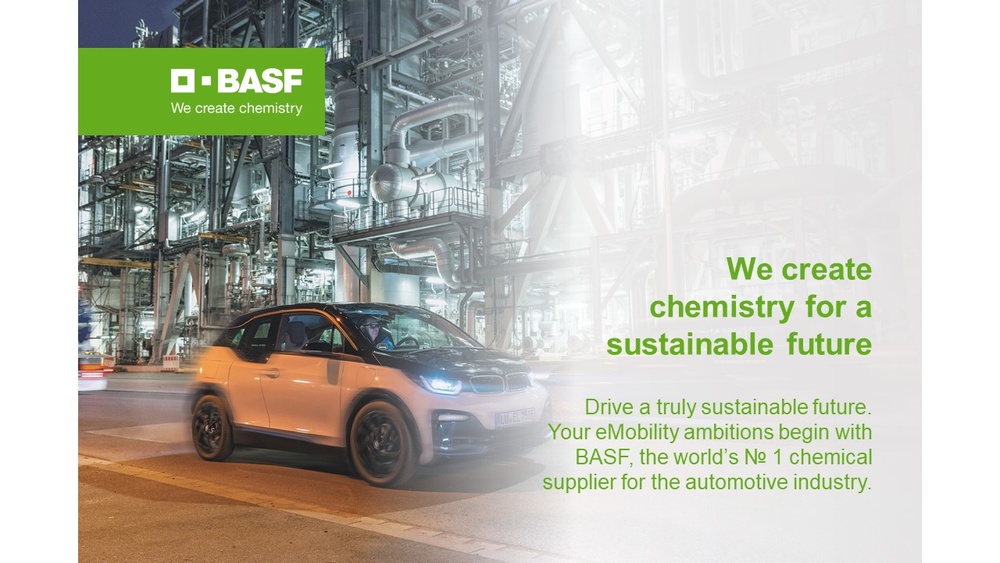13 January 2022

Maersk accelerates net zero target a decade
Yesterday, Nordic Green News reported that Denmark’s Ørsted planned to invest in the Swedish energy project FlagshipONE, aiming to produce 50,000 tonnes of e-methanol per year. Today, AP Moller-Maersk, a Danish shipping group, told the Financial Times that it was bringing forward a target to cut carbon from its operation by a decade to 2040, responding to growing demand from companies for an emission-free supply chain.
Maersk, the world’s second-largest container company by volume, has also introduced new targets for 2030 of reducing its emissions per container by half and transporting a quarter of its ocean freight using greener fuels.
Soren Skou, Maersk’s chief executive, told the Financial Times that when the group first set a 2050 goal of net zero emissions in 2018 it was “really a moonshot” as “we didn’t have an idea how to get there”. But now companies such as Amazon, Ikea, and Unilever are demanding carbon-free transport by 2040 and Maersk is ordering its first ships capable of running on green methanol, the Danish group is able to speed up its push to eliminate emissions.
Maersk has decided to use green methanol for its first 12 new ships ordered to be capable of running emission-free. Green methanol could be three times the cost of bunker fuel at the start, and Maersk says that its 12 new vessels would need about half a million tonnes of the fuel a year, or around 10 FlagshipOne plants. Maersk says that ensuring a sufficiently large amount of green fuels will be the major challenge for it to become climate neutral in 2040.
E.ON buys 25% of Horisont Energi
Germany's E.ON is acquiring Horisont Energi in a cooperation agreement for the development of carbon capture and storage, as well as production and value chains for pure hydrogen and pure ammonia. Horisont Energi will carry out a private placement to E.ON, which will give E.ON a 25% ownership interest in the company. According to the cooperation agreement between the two companies, E.ON will take responsibility for carbon capture and liquefaction, while Horisont Energi will be responsible for transport and storage of CO₂.
Horisont Energi now has a market value of just over NOK 1 billion, increasing by over 60% in the last six months, with Norwegian financier, Øystein Stray Spetalen amongst the biggest owners.
ExxonMobil buys into Norway’s Biojet
ExxonMobil is acquiring a 49.9% stake in Biojet, a Norwegian biofuels company that plans to convert forestry and wood-based construction waste into lower-emissions biofuels and biofuel components. Biojet plans to develop up to five facilities to produce the biofuels and biofuel components. The company anticipates commercial production to begin in 2025. The agreement enables ExxonMobil to purchase as much as 3 mln barrels of the products per year, based on the potential capacity of five facilities.
SINTEF and NTNU promote digital road transport and green aviation
According to a press release the Norwegian aviation industry is at the forefront of this development, and Norway's many small airports with short distances make our country very suitable as a test arena for zero-emission aircraft. Increased electric propulsion and the use of hydrogen as fuel are alternatives for more sustainable aviation
Inzile signs large framework agreement with HBV
Inzile AB, a Swedish company that manufactures intelligent electric vehicles and creates service solutions for a sustainable society, says its light truck Pro4, has qualified for Swedish HBV's (Husbyggnadsvaror) framework agreement regarding procurement of electric work vehicles. The framework agreement, worth up to SEK 189 million, is valid for three years with an option for another year. Inzile is one of four approved suppliers. The framework agreement is aimed at HBV's members of Sweden's public housing companies, simplifying their purchase of electric work vehicles, which are primarily used for the care of green spaces and property management.
PowerCell receives an order for PowerCell S3 from Bosch
PowerCell Sweden AB has received an order for PowerCell S3 from Bosch to a value of approximately SEK 9.7 million. The order will be delivered at the beginning of next year.
Ngenic AB's subsidiary AirPatrol given SEK 3.3 million in development grants
Enterprise Estonia, an Estonian innovation authority and the Swedish Agency for Economic and Regional Growth have granted €329k in project funds to integrate AirPatrol's products with Ngenic's products. AirPatrol is a wholly owned subsidiary of Ngenic AB, and both are providers of smart energy solutions for home heating. The project will also develop new features and a better customer experience for existing customers.
What we’re reading
-
China to Proceed Ultra-Low-Emission Reform on Steel Industry (Seneca ESG)
-
Investor group warns EU against labelling gas investments as green (Reuters)
About Nordic Green News
The Nordic countries are some of the most dynamic and successful economies in the world. They are also leaders in sustainability, from renewable energy, biofuels, carbon capture and storage and the hydrogen economy, circular economy business models and battery development, the Nordics are pioneers in policy design, technology development and consumer uptake. Mundus Nordic Green News is covering this transition for the international community. Every day we curate the stories of most relevance to international businesspeople and policy experts from the flow of news. Mundus Nordic Green Indices summarise the meta-data from our daily coverage to enable easy tracking of trends. We supplement these with our own opinion pieces and commentary.
